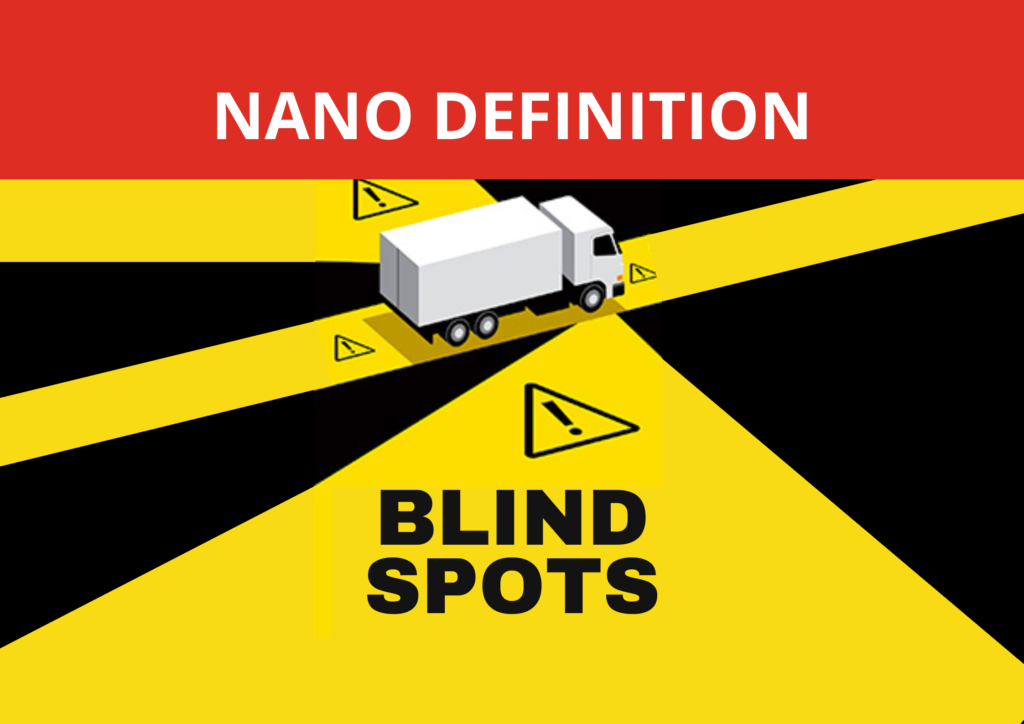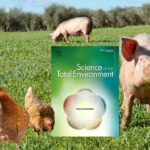
Anses calls on public authorities for a more comprehensive definition of nanomaterials
The French National Agency for Food, Environmental and Occupational Health Safety (Anses) denounces a definition of nanomaterials that is detrimental to the prevention of health and environmental risks. It calls on governments to consider a more inclusive definition now and to encourage its integration into sectoral regulations.
Asked in 2018 to provide technical and scientific support on the definition of the term “nanomaterial” developed at the European level, the Agency publishes today an opinion and a collective expertise report which warns on the potential setbacks of a definition considered too restrictive. The agency completes its analysis by detailing the parameters of a more encompassing definition, and encourages governments to adopt it now.
A confusing, overly rigid and restrictive definition
The Anses insists that the new definition published by the European Commission in June 2022 considerably restricts the number and variety of nano-objects that would ultimately be considered nanomaterials, without any scientific or health justification. This definition does not include, among others, micellar-type nanovectors (vesicles, liposomes, lipid particles, etc.), nanostructured objects, and nanoparticles below the now fixed numerical distribution threshold of 50%.
The Agency’s experts point out that this restriction is a step backwards in terms of management and risk assessment of nanomaterials, with the risk that potentially dangerous substances will no longer be assessed as such.
The analysis of ANSES joins the warnings formulated by AVICENN in its investigation report on 23 daily products (see pages n°25-26).
According to Anthony Cadène, scientific project manager at Anses, “This definition should primarily make it possible to say whether an object corresponds to a nanomaterial or not, regardless of its sector of application or considerations related to measurement methods and instruments.”
The Anses also deplores the introduction in this definition of new concepts subject to divergent interpretations, such as the notion of “identifiable” or “constituent particle”. This vocabulary adds confusion and complexity to the regulatory application of the definition.
Governments should encourage a more inclusive definition
The Agency advocates on the contrary a definition of nanomaterials “as broad as possible”, based only on dimensional criteria and independent of the sector of application. For Aurélie Niaudet, in charge of risk assessment related to physical agents at the Anses, “the challenge is really tn ensure that there is no blind spot so that assessments are made on all substances of concern“. Anses calls on public authorities to seize the opportunity of the revision of European regulations on chemicals (REACH and CLP) and cosmetics to propose a broader definition. These recommendations are in addition to the requests made by AVICENN and 16 NGOs in March 2023 to the European Commission.
→ AVICENN will perform a more detailed analysis of the Anses opinion soon and has planned to participate in a report debriefing meeting organized by the Anses for stakeholders on June 23.

Upcoming Nano Agenda

- International conference on metallic nano-objects for experts working in the interdisciplinary field of metallic nanoparticles, with a particular emphasis on nanoparticle synthesis and characterization, plasmonics, optics and photonics, catalysis, biomedicine, electronics, and nanoparticle recycling
- Organizers / Partners: CNRS, Bordeaux University, Bordeaux INP, ICMCB, CRPP, CBMN, ISM
- Website: https://mno2026.sciencesconf.org

- Seminar presenting the Seirich system for chemical risk assessment, with a focus on the specificities of nanomaterials.
- Organizers: Association NanoMesureFrance
- Speakers: Florian Marc (INRS)
- Website: www.eventbrite.fr/e/billets-nanomesurefrance-webinar-1984136502691
- Toxicokinetics: the fate of chemicals in the body” training course:
- the different routes of entry for toxic products
- the importance of toxicokinetics in preventing substance toxicity,
- xenobiotic absorption, distribution, metabolism and elimination
- nanoparticle toxicity
- Organizer: Association Toxicologie Chimie (ATC)
- Date: March 26, 2026
- Speaker: Nicole Proust (Research Engineer, CNRS Honorary Research Director, Palaiseau)
- Website: www.atctoxicologie.fr/…



